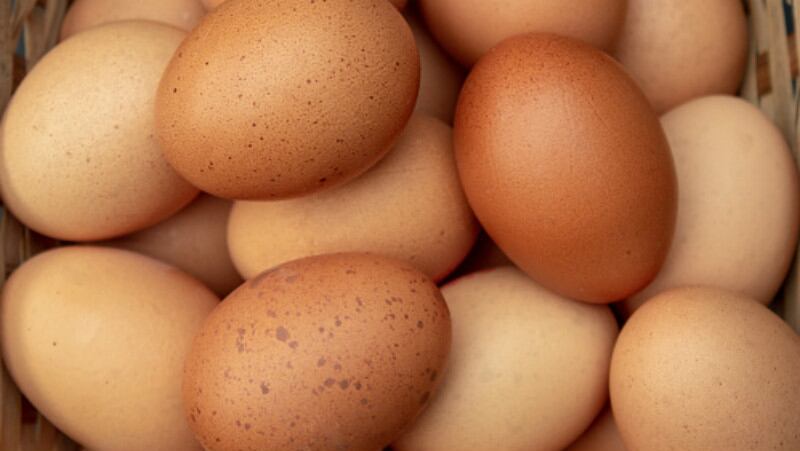Various sectors within China’s food and beverage industry have been attempting to achieve to distance themselves from the many food safety and quality scandals that it was continually associated with as recently as a decade ago.
These initiatives have now also extended into the eggs sector, a division which still continues to get a bad rep over various types of food safety scares from antibiotics usage to high melamine content.
According to local officials in the sector, this has led to a significant rise in interest and demand for cage-free eggs in the country.
"In China, consumer upgrades are bringing many changes to the egg industry, [including] an upswing of interest in cage-free eggs,” Beijing Egg Industry Association Secretary General Wang Zhongqiang said via a formal statement.
“In addition, many multinational food companies are planning to fully shift their egg supply chains to cage-free products by 2025, which requires the urgent attention of the industry.”
Data from consultancy firm Lever China has revealed that over 80 firms in the country have made cage-free eggs commitments to be met by 2025, 2027 or 2030, including major local retailers like CitySuper, ALDI and Metro and big food brands such as Unilever, Mondelez and Nestle.
In addition, a 2021 study found that some 75% of Chinese consumers are keener to purchase from brands that use cage-free eggs, and 67% believe that food firms need to commit to and uphold the commitment of sourcing only cage-free eggs.
With this rising trend and an even larger anticipated growth to come by 2025, many of the top egg firms in China from Ovodan to Happy Eggs are paying increased attention to establishing new cage-free egg lines or expanding any current operations.
“Demand for cage-free eggs in China will increase by at least 1.8 billion eggs per year as a result of existing corporate cage-free commitments,” Lever China Program Manager Mutzu Huang told us.
“There is a significant increase in demand from both the corporate and consumer sectors, and to ensure that [supply is not affected in the long term] it will also be crucial to ensure that egg producers are prepared with the tools to shift their farms to cage-free production.”
This is a view that the Chinese government is strongly behind – the local Ministry of Agriculture and Rural Affairs published a specialised guidebook on commercial-scale cage-free egg production under its China Agriculture Press, authored by Huang in collaboration with the Beijing Egg Industry Association and local academics.
“The book is a science-driven but highly practical guide that producers can follow to produce cage-free eggs at a large scale while attending to animal welfare, food safety and price considerations,” Huang added.
Regulatory outlook
In addition to current industry trends, regulatory control does also appear to be behind this shift to cage-free eggs. In late 2021, the China Animal Health and Food Safety Alliance (CAFA) and the China Chain Store and Franchise Association (CCFA) formulated formal standards for cage-free eggs and egg products, driving even more egg producers towards this shift.
Failure to achieve certification according to these standards will deem any egg producers or food brands using non-certified eggs ineligible to declare their products ‘cage-free’, so the idea is to provide consumers with some form of authenticity guarantee.
That said, as of yet there is not yet any formal legislation restricting the sales of eggs via cage production or other systems.





